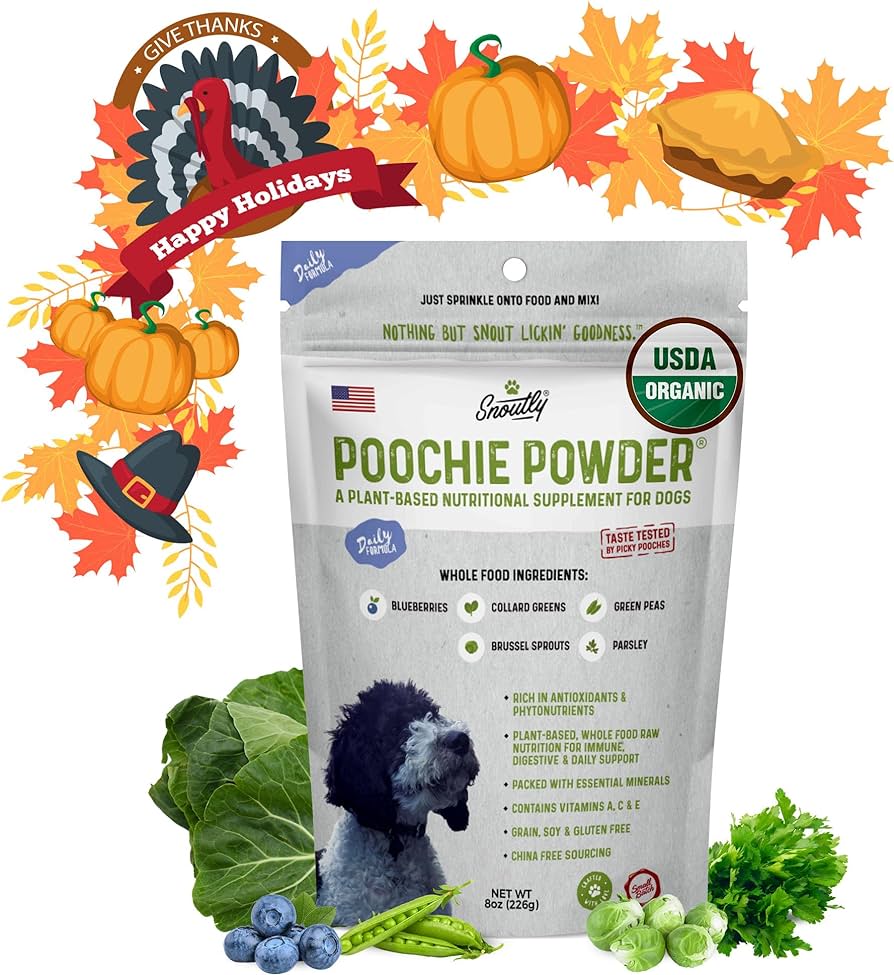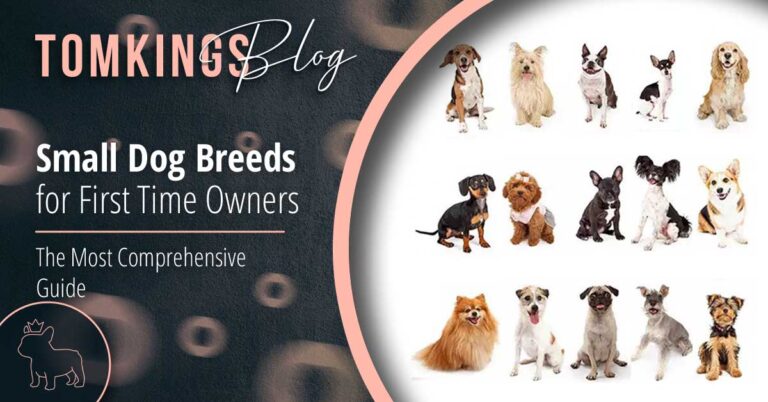What Small Dog Breeds are Not Yappy: Discover Quality Companions
Last Updated on April 29, 2024 by Petpalace54
Not all small dog breeds bark excessively. Some of the small dog breeds that are not yappy include Cavalier King Charles Spaniel, Boston Terrier, & Shih Tzu.
What Small Dog Breeds are Not Yappy? These dogs are known for their sweet temperament, friendly disposition, and moderate barking behavior. Small dog breeds are popular among pet owners who live in apartments & have limited living space. They can be great companions and require less exercise than larger breeds.
If you’re looking for a small dog breed that won’t disturb your peace with excessive barking, there are plenty of options to choose from. We’ll explore some of the non-yappy small dog breeds & what makes them unique.

Credit: m.facebook.com
Table of Contents
Factors That Contribute: What Small Dog Breeds are Not Yappy
Small dog breeds that are not yappy include the Basenji, Bichon Frise, Cavalier King Charles Spaniel, and Shih Tzu. Factors that contribute to yappiness in dogs may include boredom, lack of training, and anxiety. It’s important to research & choose the right breed to fit your lifestyle and preferences.
Factors that Contribute to Yappiness in Dogs
Small dog breeds sometimes have a reputation for being yappy, but this is not always the case. Factors that contribute to yappiness in dogs include breed, training, socialization, & personality. Understanding these factors is essential when looking for a small dog breed that does not bark excessively. In this article, we’ll take a closer look at these factors and discuss small dog breeds that are not yappy.
Breed:
Some dog breeds are genetically prone to bark excessively. For example, some terrier breeds were originally bred to hunt small rodents. These dogs would bark to alert their owners of the prey’s location. Over time, this trait became ingrained in their DNA and can manifest as excessive barking. However, not all terrier breeds bark excessively. For example, the Cairn Terrier is known for its calm and friendly disposition & is not a yappy breed.
Training:
Proper training is crucial when it comes to preventing excessive barking. Dogs that have not been properly trained are more likely to bark excessively. Training methods should focus on rewarding good behavior rather than punishing bad behavior. Positive reinforcement training can be highly effective in reducing barking.
Socialization:
Dogs that have been well-socialized from a young age are less likely to bark excessively. Socialization involves exposing a dog to new people, animals, & environments, which helps them feel more confident and less anxious. A confident dog is less likely to bark excessively out of fear or anxiety.
Personality:
Finally, a dog’s personality can also play a role in how much they bark. Some dogs are just naturally more vocal than others. However, this does not always mean they will bark excessively. For example, the Miniature Schnauzer is known for being a vocal breed but can be trained not to bark excessively.
In conclusion, when looking for a small dog breed that is not yappy, it is important to consider factors such as breed, training, socialization, and personality. By taking these factors into account, you can find a small dog breed that is a good fit for your lifestyle & does not bark excessively.

Credit: www.articlesfactory.com
Top 5 Small Dog Breeds That Are Not Yappy
If you live in a small apartment or don’t have an expansive backyard, a small dog breed might be ideal for you. However, not all small dogs are created equal, and some have a reputation for incessant barking. Fortunately, several breeds tend to be quiet and not as vocal as their tiny counterparts.
Papillon
The Papillon is a charming toy breed with long, butterfly ears. Despite their elegant look, Papillons are playful and energetic, but they’re usually not yappy. They are loving and affectionate dogs that make great companions for families or people living in small spaces. Though they are small, they are also sturdy and energetic, happy to keep you company on long walks but content to curl up & cuddle when it’s time to relax.
Bichon Frise
The Bichon Frise is another small breed that tends to stay quiet. They have a cheerful disposition and are known for their friendly nature which makes them wonderful pets for families with children. These dogs have a soft and fluffy coat that needs regular grooming. They’re indoor dogs, so they don’t require much outdoor exercise & can be content with short walks in the park or playing indoors.
Cavalier King Charles Spaniel
This breed is sweet, gentle, and lovable, making them an excellent choice for families. They are loyal and loving companion animals that do not bark excessively. Cavaliers were bred for companionship and would much rather sit on your lap or curl up on the sofa with you than run around outside. They don’t require a lot of exercise & are content with a daily walk or indoor play.
Italian Greyhound
The Italian Greyhound is a slender breed that typically stands about 13 to 15 inches tall at the shoulder. Despite their name, these dogs are not greyhounds but were bred as lapdogs. They are affectionate, gentle, and devoted pets that tend to stay quiet. Italian Greyhounds are moderately active, & though they enjoy running and playing outside, they’re just as happy to be curled up with their owners while they read a book or watch TV.
Shih Tzu
The Shih Tzu is an adorable companion dog that hails from China. They are friendly and outgoing, and they tend to get along well with children, dogs, and other pets. These dogs are relatively low energy & are happy to curl up on your lap or lie by your side. Shih Tzus tend to be quiet, making them ideal for apartment living. They are also known for their long, flowing hair, which can be styled in a variety of ways to suit their owner’s taste.
If you’re in the market for a small dog that isn’t too vocal, there are several breeds to choose from. These breeds tend to be easy-going and adaptable & can thrive in small homes or apartments. Whether you’re looking for an energetic companion or a lapdog, these breeds are sure to win your heart.
Characteristics Of Non-yappy Small Dog Breeds
Small dog breeds are popular among pet owners who want a canine companion but don’t have the space for a larger breed. However, when it comes to small dogs, the first thing that comes to mind is their yappy nature. Many small dogs have a reputation for barking incessantly, but not all small dog breeds are the same. In fact, there are several breeds known for their quiet demeanor. Let’s take a closer look at the characteristics of non-yappy small dog breeds.
Temperament
Non-yappy small dog breeds are typically calm & composed, making them great choices for families with young children or people looking for a relaxed companion. These dogs are not hyperactive and are happy with a moderate level of activity. They’re easy to train and love to please their owners, making them a joy to have around.
Training Requirements
Training non-yappy small dog breeds is relatively easy as they’re intelligent and eager to learn. Basic obedience training is usually sufficient for these breeds, and they typically don’t require extensive daily exercises to stay healthy and happy. Regular exercise, a balanced diet, & moderate training are necessary for their optimal health and well-being.
Grooming Needs
Non-yappy small dog breeds have varying grooming needs, but they’re not usually high maintenance. Most breeds require regular brushing, bathing, & grooming to keep their coat healthy and shiny. However, these breeds mostly have short coats that don’t mat easily, reducing the overall grooming requirements. Some breeds like the Shih Tzu may have longer hair that needs regular trimming to prevent matting and tangling.
Non-yappy small dog breeds are great companions for people looking for a canine friend who doesn’t bark incessantly. Their calm temperament, easy-going nature, & low-maintenance grooming requirements make them ideal for small households or apartments. If you’re looking for a small breed to add to your family, consider one of the non-yappy breeds mentioned above.
Tips For Preventing Yappiness In Small Dogs
Several small dog breeds are not typically yappy, including the Cavalier King Charles Spaniel, Bichon Frise, and the Poodle. It’s important to research and choose the right breed for your lifestyle to prevent excessive barking and yappiness.
Proper training and socialization can also help prevent this behavior.
Small dogs often get a bad reputation for being yappy & excitable, but with the right training and socialization, it’s possible for them to become calm and well-behaved companions. This article will provide tips for preventing yappiness in small dogs, focusing on the importance of socialization, training, exercise, & reducing environmental stressors.
Socialization
Socialization is crucial for preventing yappiness in small dogs. Early exposure to different people, animals, & experiences can help small dogs develop confidence and learn how to behave appropriately in a variety of situations. Consider enrolling your small dog in puppy classes or playdates with other dogs to help them learn social skills. Take them on walks in different environments, such as busy streets or parks, to expose them to new sights and sounds. Introduce them to friends & family members of different ages and backgrounds.
Training
Training is another critical aspect of preventing yappiness in small dogs. Teaching your dog basic obedience commands, such as sit, stay, and come, can help them understand how to behave appropriately in different situations. Reward-based training methods that use treats or positive reinforcement can help your dog associate good behavior with positive outcomes. Consider crate training your dog to give them a safe, quiet space to retreat to when they feel anxious or overwhelmed.
Exercise
Small dogs may not need as much exercise as larger breeds, but they still require daily physical activity to stay healthy and prevent yappiness. Taking your small dog for daily walks or runs can help burn off excess energy & prevent boredom. Interactive toys, such as puzzle toys or fetch, can also provide mental stimulation and physical exercise. Make sure to tailor your dog’s exercise routine to their age, size, and breed.
Reducing Environmental Stressors
Reducing environmental stressors can also help prevent yappiness in small dogs. Loud noises, such as fireworks or thunderstorms, can trigger fear and anxiety in dogs, leading to excessive barking or yelping. Consider using a white noise machine or calming music to drown out loud noises. Providing your dog with a safe, comfortable space to retreat to during stressful situations can also help them feel more secure.
In conclusion, preventing yappiness in small dogs is possible with a combination of socialization, training, exercise, & reducing environmental stressors. By taking the time to properly train and care for your small dog, you can help them become a calm, well-behaved companion that brings joy & love to your life.

Credit: www.amazon.com
Frequently Asked Questions Of What Small Dog Breeds are Not Yappy
What Is The Least Barking Small Dog Breed?
The Basenji is considered the least barking small dog breed. They are known for their unique yodeling sound instead of barking, making them a great choice for apartment living. However, every dog is different & may still bark occasionally.
What Breed Of Small Dog Is Quiet And Calm?
The Cavalier King Charles Spaniel is a small breed that is known for being quiet and calm. They are gentle and affectionate dogs that love to be around their owners and make great lap dogs. This breed is easy to train and well-suited for apartment living.
What Is The Most Well Behaved Small Dog Breed?
The Chihuahua is the most well-behaved small dog breed. Its small size and ease of training make it a great companion for families. They also exhibit loyalty, intelligence, and courage which are desirable traits in a pet. Overall, the Chihuahua is an excellent choice for those looking for a well-behaved small dog.
What Is The Most Low Maintenance Small Dog?
The Chihuahua is considered the most low maintenance small dog due to its small size and minimal grooming needs. They are also easy to train and have a low exercise requirement, making them suitable for apartment living. However, they do have a tendency to bark excessively.
Conclusion
Small dog breeds are often known for being yappy, but there are several exceptions to this stereotype. What Small Dog Breeds are Not Yappy? From the friendly and loyal Boston Terrier to the active & intelligent Jack Russell Terrier, many small dog breeds are not known for incessant barking.
Finally, by choosing a smaller dog breed that fits your lifestyle and personality, you can have a loving companion that doesn’t drive you or your neighbors crazy with constant noise. Remember, size doesn’t always dictate behavior, & choosing the right breed can make all the difference.






